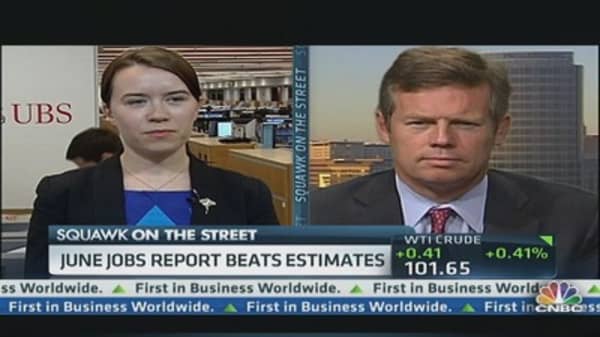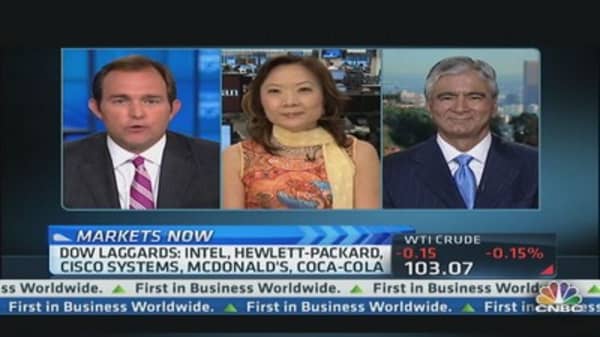"It really helped a lot of countries and companies and we're just not going to have that to the same extent over the next 10 years," said Todd Henry, emerging market equity portfolio specialist at T. Rowe Price.
Fitch estimates that 2012-2013 will see the second weakest growth for the BRICs (after 2009) since the Russian crisis in 1998. Weaker China growth, declining credit growth and structural bottlenecks are among the culprits, Fitch said.
(Read More: Why China Delivered Such a Big Miss in Trade Data)
Emerging market companies also will have to adjust to this new normal. "The end of the commodity boom will be a sea change for emerging-market companies," AllianceBernstein's Sammy Suzuki wrote in a blog post. "In the past, they could throw capital at low-return projects and get bailed out by unrelenting economic growth. Those days are gone."
Already emerging market companies have had trouble increasing their earnings, said Delaney of UBS.
"Despite faster-growing GDP than the developed world, the emerging markets have not managed to translate it into superior earnings growth, and in fact, we have had zero earnings growth in the emerging markets in the last two years," she pointed out.
Even developed companies like Oracle and Accenture have struggled amid slowing emerging markets growth and an analyst downgraded IBM on concern growth will falter in the near term.
(Read More: IBM: A Victim of Slowing Emerging Markets Growth)






